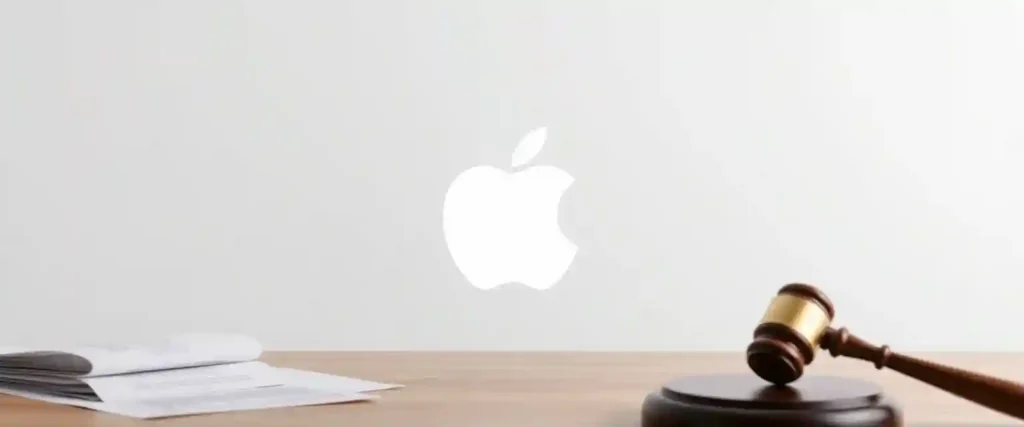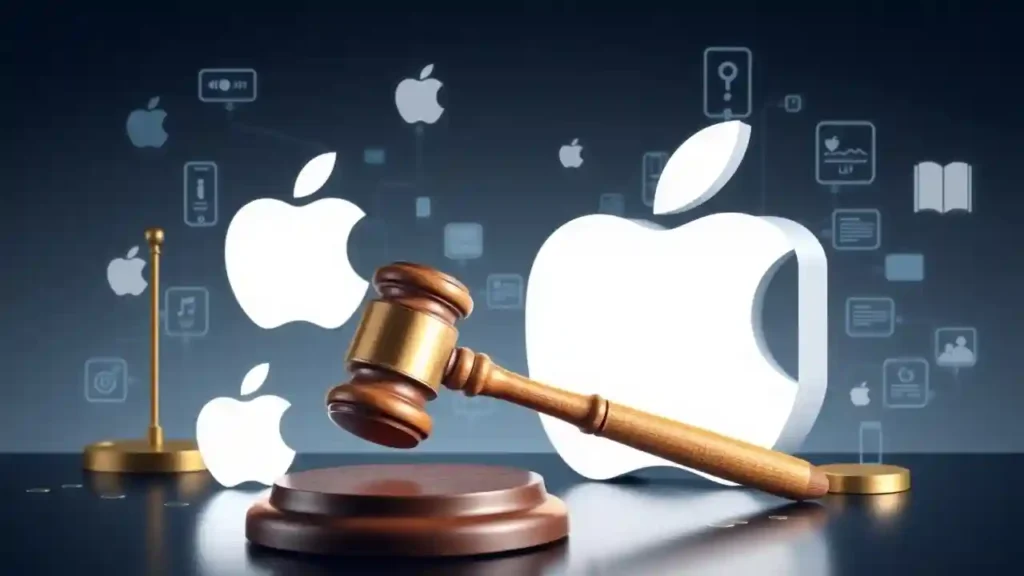Apple has long been a champion of privacy, marketing its devices as safe havens for users’ personal data. However, recent developments have shaken this foundation. The tech giant has reportedly settled a lawsuit concerning its virtual assistant, Siri, over allegations of improperly recording and storing users’ conversations without consent. While the settlement might seem like a win for privacy advocates, the larger implications paint a complex picture.
The Background of the Siri Lawsuit
The lawsuit against Apple stemmed from claims that Siri was inadvertently recording conversations even when not explicitly activated. Users alleged that these recordings were not only a breach of trust but also a violation of privacy laws. Critics pointed to instances where Siri was triggered unintentionally by phrases that sounded similar to “Hey Siri,” leading to the recording of private moments.
These recordings were reportedly sent to Apple servers for analysis, a practice aimed at improving Siri’s functionality. However, many users were unaware of this, and some felt their privacy had been violated when snippets of their conversations were reviewed by third-party contractors.

The Settlement Details
While Apple has not admitted to any wrongdoing, it opted to settle the lawsuit to avoid prolonged litigation and potential reputational damage. The terms of the settlement include a monetary payout to affected users and a commitment to enhance Siri’s privacy features.
Apple has already taken steps to address some of these concerns. In recent years, the company introduced features that allow users to opt out of Siri recordings being used for development purposes. Additionally, it now requires explicit consent for audio review by its contractors.
Is This a Win for Privacy Advocates?
On the surface, the settlement appears to be a victory for consumers who value their privacy. It highlights the importance of holding tech companies accountable for how they handle user data. Moreover, it sets a precedent, reminding other tech giants that users won’t tolerate unauthorized surveillance.
However, skeptics argue that the settlement is more of a strategic move by Apple to protect its image than a genuine step toward reform. They point out that similar issues have arisen with other voice assistants, such as Amazon’s Alexa and Google Assistant, yet these companies have faced minimal long-term consequences.
Apple’s Response to the Controversy
Apple continues to emphasize its commitment to privacy, often branding it as a fundamental human right. The company has reassured users that Siri’s recordings are now processed locally on devices whenever possible, reducing the need for cloud storage.
Tim Cook, Apple’s CEO, has frequently spoken out against practices that compromise user privacy, making this lawsuit a particularly sensitive topic for the company. The settlement allows Apple to close the chapter without admitting guilt, but it also raises questions about whether its privacy-first narrative is as robust as advertised.
What Does This Mean for You?
For the average user, the Siri lawsuit settlement is a reminder to be cautious about how personal data is handled. It’s a good time to review privacy settings, not just on Apple devices but across all platforms.
Here are some quick tips to safeguard your data:
- Review Permissions: Regularly check which apps and services have access to your microphone and location.
- Opt Out When Possible: Disable voice assistant recordings from being sent to servers if the option is available.
- Stay Informed: Follow updates from companies about their privacy practices and changes in policies.
The Bigger Picture
The Siri lawsuit settlement is part of a broader conversation about the role of technology in our lives. As voice assistants become more integrated into our daily routines, questions about data security and transparency will only grow louder.
While Apple’s settlement might seem like a step forward, it’s up to users to continue demanding better safeguards and holding companies accountable for their actions. After all, privacy isn’t just a feature—it’s a right that deserves constant vigilance.


